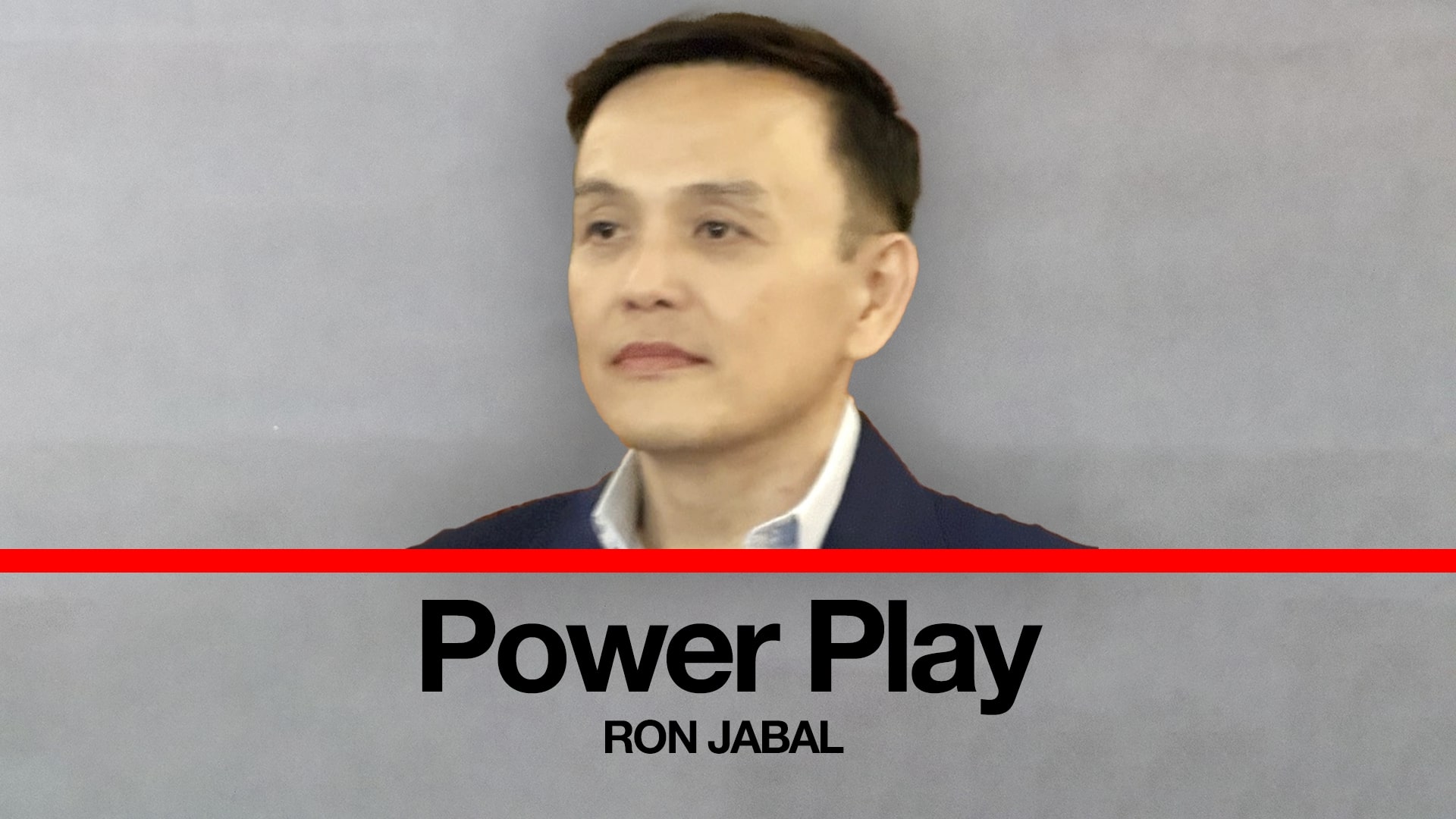For decades, the name Jalosjos was synonymous with political dominance in Zamboanga. From congressional seats to city halls and governorships, the family maintained a firm grip over local politics, often unchallenged and undeniably entrenched. But the 2025 elections marked a dramatic turning point. In a stunning sweep, the Jalosjos clan, long regarded as untouchable, was voted out of power.
This isn’t just the story of an electoral defeat. It’s the story of a people reclaiming their narrative.
Dynasty Fatigue and Democratic Awakening
The fall of the Jalosjos dynasty reflects a growing fatigue with political families who treat public office like inheritance. For years, the clan’s political machine operated with precision, leveraging media, money, and a stronghold on local governance. But what was once seen as stability began to feel like stagnation.
Voters in Zamboanga have become more discerning. Many young voters less bound by loyalty and more driven by accountability, began asking harder questions: What has changed? Who has benefited? And why are the same names on the ballot, again and again?
In this cycle, their answer came at the ballot box.
When Power Becomes a Liability
In dynastic politics, name recall is an advantage until it isn’t. The Jalosjos name, once a brand of continuity and control, became a lightning rod for critique. Allegations of corruption, abuse of power, and poor governance haunted the clan. The family’s expansive influence, including control over regional media outlets, was no longer seen as strength but as suffocating dominance.
Their downfall shows that power hoarded too tightly eventually collapses under its own weight.
The Winds of Change from the Ground Up
The end of the Jalosjos reign was not orchestrated by Manila elites or national figures. It was led by local leaders, grassroots movements, and voters who had simply had enough. This was a bottom-up reckoning, driven by community frustration and the collective realization that true representation cannot flourish in the shadow of a single family.
The triumph of their opponents wasn’t just about a better campaign. It was about a better alternative: one that promised transparency, accountability, and a fresh break from decades of dynastic dominance.
What Comes Next
While the fall of a political dynasty often sparks celebration, it also demands vigilance. The dismantling of the old does not guarantee the integrity of the new. But it does provide space for reinvention, for rebuilding, for a new generation of leaders who must now prove they are not merely replacements, but real reformers.
The fall of the Jalosjos dynasty is a milestone not just for Zamboanga, but for the broader struggle against political monopolies across the Philippines. It signals that even the most formidable dynasties are vulnerable when the people decide they’ve had enough.
If democracy is to thrive, it must periodically be reminded that no name is too big to fall and no voter too small to matter.








